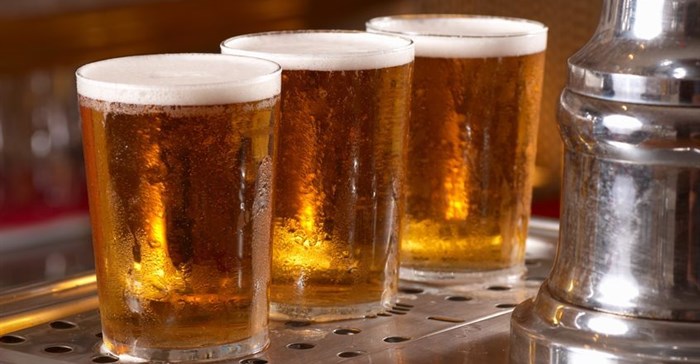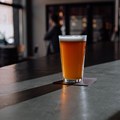The Beer Association of South Africa (Basa) has launched a review application in the High Court of South Africa, Gauteng Division, Pretoria for the previous alcohol bans imposed by the Minister of Cooperative Governance and Traditional Affairs since the start of the Covid-19 lockdown in and during March 2020, in terms of the Promotion of Administrative Justice Act (PAJA) and/or the principle of legality.
The aim is to have these bans declared irrational, invalid and set aside. Basa will argue that the decisions to impose these bans were, inter alia, irrational.
The application focuses on the decisions by the Minister of Cooperative Governance and Traditional Affairs to enforce alcohol bans in July and December 2020; June 2021 as well as the decision to continue imposing further restrictions on the trade of liquor in and during July 2021.
R42.2bn lost in sales
"The previous alcohol bans had a devastating impact on the alcohol industry, with 14.7% of projected sales volumes for 2020/2021 being lost (a total of 1,262.7 million litres). R42.2bn was lost in retail sales and there was a R60.7bn loss to the GDP. The total excise income tax loss was R10.2bn with just over 233,000 jobs being put at risk," Basa says.
By 11 January 2021, 30% of local breweries were forced to shut their doors permanently and 165,000 people had already lost their jobs. The bans also served as a major boost to the illicit alcohol industry which grew to be worth more than R20.5bn in 2020.
"Another alcohol ban over the coming festive season, a time when we expect some recovery for the tourism and hospitality sector, will serve as the final nail in the coffin for thousands of businesses/citizens who just barely survived the previous bans," the association says.
Basa argues that the making of Covid-19 regulations amount to administrative action, which action is reviewable in terms of PAJA. A decision is declared irrational (and therefore unlawful) under PAJA if, inter alia, relevant considerations were not taken into account.
"In light of no evidence having been provided by government to support its decisions to enforce the previous bans, Basa’s application argues that it failed to take into account the devastating impact of the bans on the alcohol industry and for this reason, amongst others, these decisions are reviewable and destined to be set aside in terms of PAJA," it adds.
Furthermore, Basa argues that if the court finds that PAJA is not applicable in this application, then the decisions to ban alcohol – being the exercise of a public power – may be reviewed and set aside in terms of the principle of legality. This principle requires all exercises of public power to be rational.
Basa contends that the decision to ban alcohol could not be rational in light of there being no evidence, to date, which government considered and presented regarding the adverse financial implications to the alcohol industry and/or how it would serve to boost to the illicit alcohol industry. Therefore, the previous alcohol bans should also be declared constitutionally invalid, Basa says.
Mitigating impact of fourth wave
Basa concludes, "Despite the High Court Application, Basa remains committed to working with government to mitigate the impact of a fourth wave of infections. As the beer industry, Basa and its members have implemented a range of interventions to encourage the moderate, responsible and safe consumption of alcohol and are committed to cutting off the supply of alcohol to those caught breaking 'the rules'.
"However alcohol bans, which destroy legal businesses and jobs are not the answer. It is critical that we save lives without sacrificing livelihoods, which is the aim of Basa’s application."
The Beer Association of South Africa comprises various members, including the Craft Brewers Association, Heineken South Africa and South African Breweries.









































